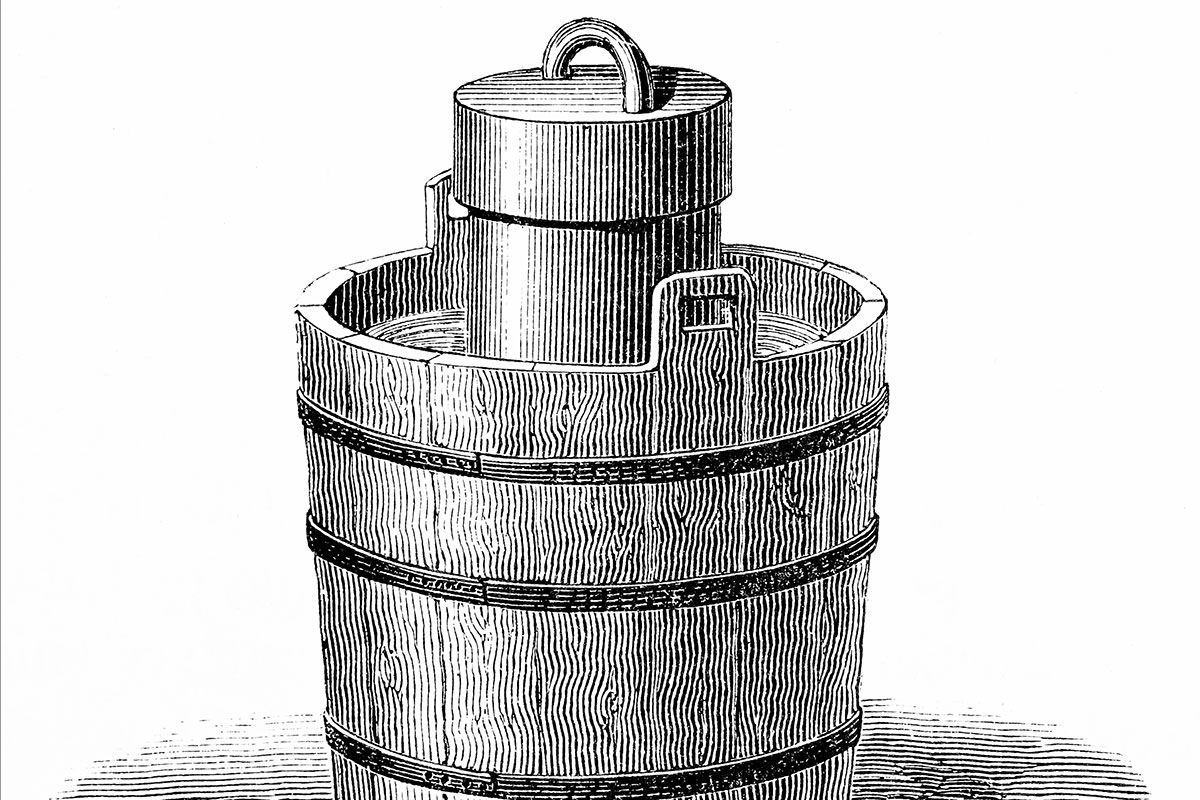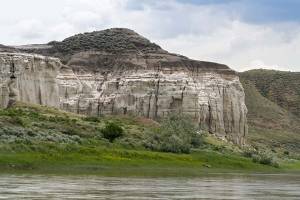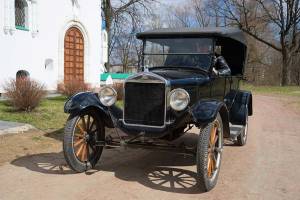By Gladys Considine
In June of 1922, my mother and her nine siblings, the oldest 16, youngest 3 months, with their mother and father (my grandparents), two cows and their calves, two pigs, 10 chickens, six horses, and all their worldly goods, had just made a 26-day trek in three wagons from the middle of North Dakota to the banks of the Powder River in southeastern Montana.
Land was still available there for homesteading, and it seemed likely to have been the last chance for “the boys” to have land of their own. My grandfather was tired of always working for someone else and wanted his own place, too.
They found a temporary home in a borrowed, half-dug-out cabin on a hillside above the famed Powder River. It was furnished only with an enormous cast iron cook stove. Knowing they were a little behind in the short growing season and also knowing how much they needed food for the winter, even before they unloaded all their belongings from the wagons, everyone went to work preparing a garden spot.
They dug up sod from the sandy soil, then hoed and raked and planted a garden with precious seeds Grandma had saved from the previous years’ North Dakota garden. While most of them worked to make the garden, my grandmother fired up the old stove, carried the flour sack into the cabin. She used a precious amount of her starter to bake loaves of her signature whole wheat sourdough bread. The need for food was, temporarily, more important than the need for beds and furniture.
Garden planted, wagons unloaded, Grandma’s rocking chair in place, they built a pig pen, a small lean-to for the chickens, and an open-sided shelter roofed with small logs from the river bottom for the cows.
It was time to celebrate—to celebrate their safe arrival from North Dakota, to celebrate their new home (although it was temporary), and to celebrate Grandpa’s birthday, the Fourth of July.
Grandma sacrificed a couple of chickens and fried them up in her treasured, huge cast iron skillet—the same one she used to cook suppers over bonfires on their trip from the east. She also boiled potatoes and eggs. From the remainder of their traveling stock of canned goods, she hunted out several cans of sweet peaches, mixing them with a little cinnamon, which we later spread on slices of her freshly baked bread. All the children relished this special dessert.
They rounded quilts and a tarp, and, with every child carrying something, it was an easy scramble down the bank to a “beach” next to the river. With so many to share the load, the scramble added to the fun.
Grandma and the girls spread the tarp and quilts while the younger boys spread out to bring in branches and twigs and driftwood. Meanwhile, Grandpa dug a small fire pit and started a fire.
Next he rolled his trouser legs above his knees, and the bigger boys removed their pants. They waded out with a seine net across the current of the river a short distance above the picnic site. The current brought them mostly catfish with a couple of “blue-gills” that Grandpa prized. They were familiar with all the challenges of eating catfish—spines, bones, slimy skin—but catfish had always been a free source of protein for this large family.
The younger boys stripped off their clothes and waded into the shallow river to jump and splash and yell at each other. Powder River lived up to its reputation: “too wet to plow, too thick to drink.” But they had fun.
Grandma and the girls fried up the fish in the big black skillet, which accompanied the chicken, potatoes, and boiled eggs for the big feast. Everyone sang Happy Birthday to Grandpa and licked peaches from their fingers as they ate their special dessert.
And that is how the family tradition of a Fourth of July picnic on the river began. Decades later, Mom’s siblings and their families and friends gathered in a different location next to the Little Powder River, close to the homesteads of Grandpa Tom and his two oldest sons. Some camped overnight in big, white room-sized tents with bed rolls. Some just rolled out a blanket or tarp and slept on the cool sandy ground. Some slept in their cars or in the beds of pickup trucks. Every year they came from all directions to celebrate Grandpa’s birthday.
It was an all-day, all-night affair.
The many men made short work of catfish seining, and the women still had to deal with cooking catfish in a cast iron skillet on a driftwood bonfire. The menu was much the same, except for the addition of corn on the cob, Jello salads, watermelon, and store-bought bread and rolls.
Someone brought an ice cream machine: a wooden bucket with a wooden churn paddle that sat in a round, galvanized wash tub full of blocks of river ice carefully preserved since the previous winter in an ice house covered with sawdust. One of the uncles broke up the big blocks into hand-sized pieces with the blunt side of an ax. An enticing mixture of cream and sugar, and occasionally chopped canned peaches, was put into a stainless steel container, which fit inside the wooden bucket, surrounded by the smaller chunks of ice. A lid holding the paddle was locked in place, and anyone was allowed a try at turning the handle to mix and cool the ingredients into delectable soft ice cream.
You could hear the tick of the churn paddles all around the picnic site. Everyone got a taste, though late-comers might have to wait for the next batch of ice cream.
Each aunt brought her specialty birthday cake, and, when everyone sang Happy Birthday to Grandpa, the whole area—the trees, and silty river—rang with the family merriment.
The family grew and spread out across Montana, Wyoming, and the Dakotas, busy with the business of living, growing, supporting families, and populating schools. After Grandpa was gone, the tradition almost died, too. But, a few in Powder River county area got together at someone’s house every year. Eventually, they decided to do it every five years, and the event grew again with families coming from all directions and locations, sometimes for the day, sometimes for a week-long vacation.
The event grew too big to hold at anyone’s home, so perhaps a church or community center would provide the venue.
The year the last of my mother’s siblings (who was 88 at the time) attended the reunion, it took place in the VFW Hall in Broadus. A catered dinner served 165 direct descendants of my grandparents. COVID restrictions and isolation canceled the next planned reunion, and we haven’t had a gathering since.
Maybe one of my 38 cousins will start the tradition again. MSN
Gladys Considine is the granddaughter of Thomas and Georgie Wetherelt










